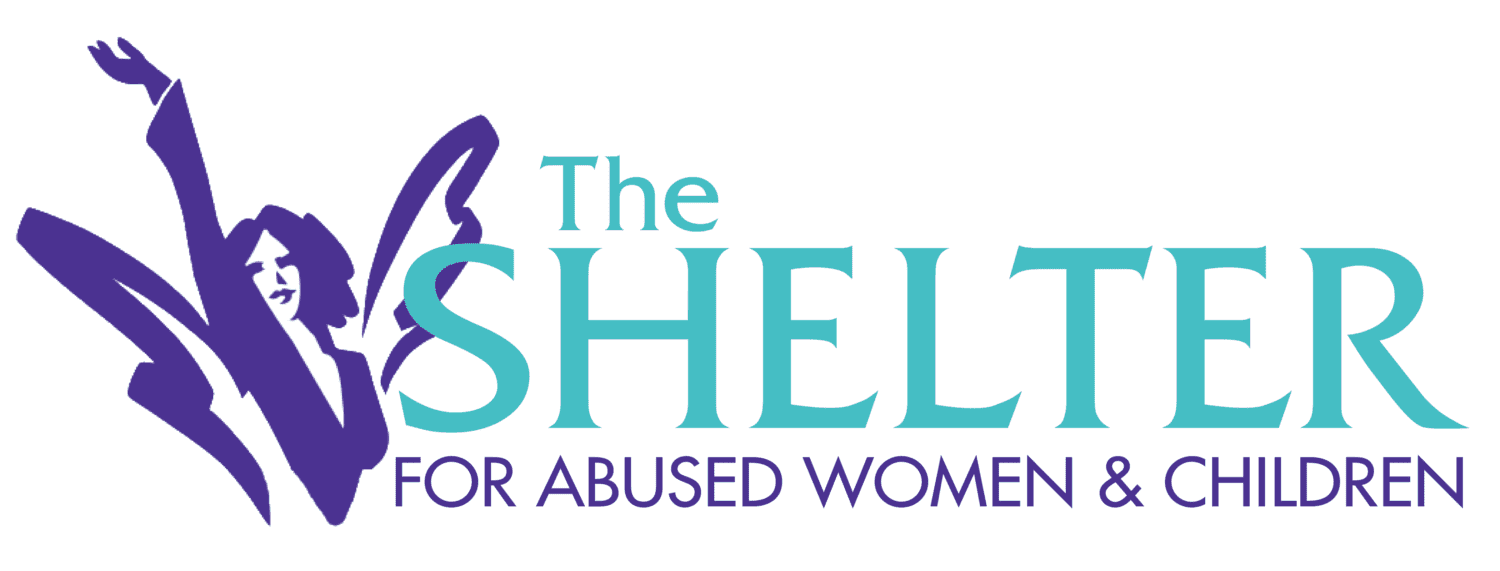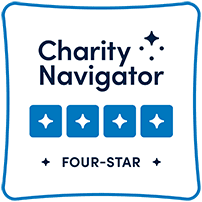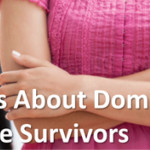Lawmakers’ unanimity should inspire rest of us

Naples Daily News Editorial
June 21, 2015
click here to view actual page
When Congress passes legislation nearly unanimously in its partisan environment and the president signs it, that’s a good indication the subject matter is of universal concern.
When the Florida Legislature — during a session when Republicans feuded publicly, not just with Democrats — passes two bills unanimously and the governor signs both, there’s a reason to believe a serious issue warrants attention.
Both of those scenarios just happened, within the same approximate time frame and on the same issue: human trafficking.
Human trafficking is not just a national issue, it’s statewide and local.
In years past, much of the attention about trafficking, or modern-day slavery, focused on agricultural recruits smuggled across the border. That was reflected a decade ago in the Naples Daily News’ award-winning series “Forbidden Freedom: Slavery in Southwest Florida.” It was reflected in the elevated concern by the Collier County Sheriff’s Office, which in 2005 created a human trafficking unit still active today. Yes, here in this community of comfort and riches.
Back then, there were stories of field workers being recruited and brought illegally to Florida to work in servitude. But there also were emerging, unsettling stories of teenagers smuggled into this country from Central America as sex slaves.
Now, the problem has evolved. Sex slaves aren’t just smuggled across the border. USA-born kids are vulnerable. Runaways are vulnerable. Young adult women, economically challenged or drug-dependent, are vulnerable.
Alex Olivares, coordinator of the Human Trafficking Resource Center based at Florida Gulf Coast University, shared some startling research findings during a recent appearance on “Naples Daily NewsMakers”: for each trafficking victim brought across the border, a half-dozen victims are American-born. That adds up to an estimated 200,000 American children at risk yearly of becoming a trafficking victim, in sex rings or engaged in pornography.
This isn’t prostitution. It’s beyond. It’s kids controlled by coercive, profiteering adults.
The new laws
Congress and the Florida Legislature adopted new laws that chief executives signed within the past month.
According to a Library of Congress summary, the federal Justice for Victims of Trafficking Act creates a victim assistance fund from fines paid by human traffickers. It authorizes the U.S. attorney general to provide grants for domestic child trafficking intervention programs. It calls for training doctors and other health professionals to be able to spot victims and know how to help. On the law enforcement side, it expands wiretapping authority for federal agents and state prosecutors to investigate human trafficking, child sex abuse and child pornography.
One of the Florida laws signed by Gov. Rick Scott requires the state to post human trafficking public awareness signs at rest areas, turnpike plazas, strip clubs, certain emergency rooms and massage parlors, plus other locations. The informational signs provide a help number to the always-staffed National Human Trafficking Resource Center —hotline 1-888-373-7888 or text 233733 (BE FREE).
The second bill increases protections for trafficking victims and increases penalties for anyone who solicits another person into prostitution.
Those laws move us in the right direction, but will need to continue to evolve as law enforcers uncover new trafficking rings and trends.
What can you do?
The first step for you to get involved is to become informed.
Brenda Tate, president of the Women’s Foundation of Southwest Florida, which raised money to create the FGCU center in 2014, spoke on “NewsMakers” of the organization’s new public awareness and social media campaign: Stop Sex Trafficking SWFL.
The organization (womensfundflorida.org or 239281-2233) and FGCU center (fgcu.edu/HTRC or 239745-4276) can provide information, such as how to get speakers to share tips with your church, homeowners or civic group on identifying victims and ways to get involved to help.
If divided chambers in Washington and Tallahassee can unite to tackle this important issue, can’t everyone?





